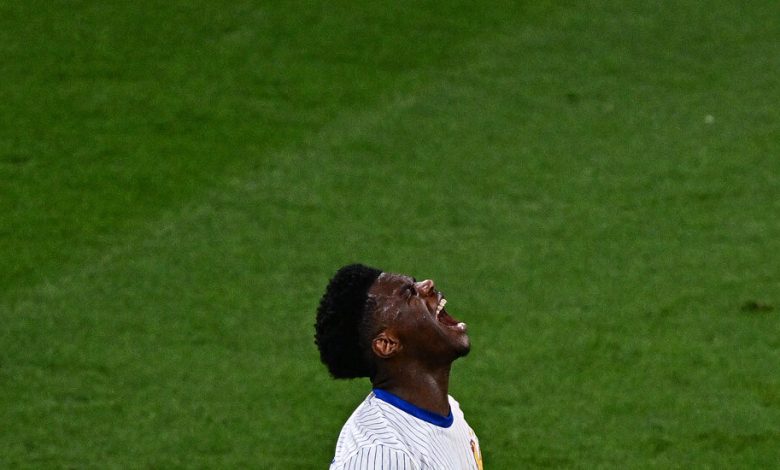A Bleak View of Soccer’s Future Misses the Full Picture

Barely lifting his eyes from the floor, Marcelo Bielsa started out with an elegy for what had been lost and ended with a lament for all that is to come. Lesser managers than Bielsa, Uruguay’s philosopher-coach, might have been preoccupied by the looming material reality of a Copa América quarterfinal with Brazil. Bielsa has always been more concerned by the ethereal.
The picture he painted was emotional, heartfelt and midnight black. Soccer’s glory, he said, is that it was always free, a “popular property,” one of the few pleasures available even “to the poorest people.” Now, “the business” that has swallowed the game whole has wrenched it brutally from their grasp.
“Soccer has more and more spectators but it is becoming less and less attractive,” he said. “What made this the best game in the world is not prioritized today. No matter how many people watch, if you do not make what they are watching pleasant, it will only benefit the business.”
Bielsa’s vision of the future is more than bleak; it is ever so slightly apocalyptic. There will, he predicted, be fewer players who “deserve to be watched.” In turn, the game will be “less enjoyable.” As the spectacle diminishes, the “artificial” boom in spectators that has turned soccer into the global cultural phenomenon it has become will start to wither and fade.
So forlorn, so dystopian was his worldview that it is only really possible to conclude one thing: As well as guiding a thrilling, and apparently extremely hands-on Uruguay team to the semifinals of the Copa América, Marcelo Bielsa has probably been watching a little too much of the European Championship.